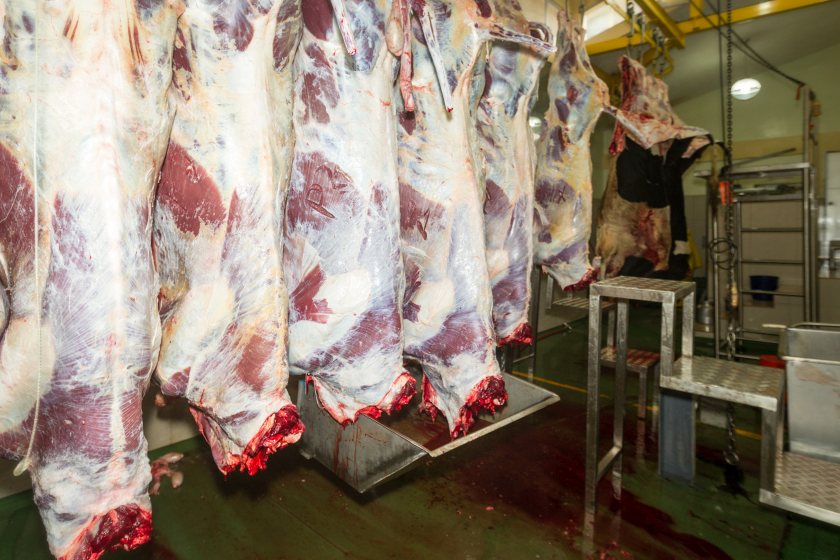From 2,500 to 203: Decline of UK abattoirs sparks fresh alarm

Small abattoirs are 'the lynchpins of local meat supply chains' and their decline poses a severe risk to farming, food security and native breeds, according to a major new survey.
More than 850 farmers and land managers responded to the online survey, carried out by the Sustainable Food Trust, Soil Association and Rare Breeds Survival Trust.
The findings underline the critical role small and local abattoirs play in supporting rural economies, resilient food systems, public goods and high animal welfare.
Over half of respondents (58%) said their business would not be profitable without selling directly to consumers or through local markets — a model that relies heavily on private kill and further processing services offered by small abattoirs.
Concerns about animal welfare were widespread, with many farmers highlighting the stress caused by transporting livestock long distances, often beyond 30 to 40 miles, due to a lack of local slaughter facilities. One in ten farmers reported travelling more than 60 miles to reach their nearest abattoir.
The survey also revealed the scale of closures: in the 1970s the UK had around 2,500 abattoirs, but today there are just 203. A third of respondents said their local abattoir had shut within the past five years, while one quarter said their nearest abattoir was too busy or fully booked, largely as a result of nearby closures.
Megan Perry, head of policy at the Sustainable Food Trust, warned: “Small local abattoirs are the lynchpins of local meat supply chains and ongoing closures could ultimately see the widespread loss of local meat.”
She called for “a national plan for local meat that places relocalised and resilient short supply chains at the heart of government food and farming strategy,” stressing the need for coordinated effort to tackle regulation, worker shortages and financial pressures.
Christopher Price, chief executive of the Rare Breeds Survival Trust, highlighted the impact on native livestock: “The local abattoir network lies at the heart of sustainable native breed conservation.
"If an abattoir cannot process small numbers of different breeds, each with their own characteristics, and ideally can return the carcass, it might as well not be there.”
He urged government to extend the same support to local abattoirs as it has pledged to farmers transitioning to more environmentally friendly practices.
Adrian Steele, organic sector development advisor at the Soil Association, emphasised the vulnerability of the network in the face of global instability.
“Small abattoirs are essential and yet vulnerable components of a diverse and resilient food system that is in danger of being recklessly overlooked.”
He said that, at a time of climate disruption and geopolitical upheaval, decentralised smaller-scale infrastructure should be protected as Critical National Infrastructure.
The report sets out a range of recommendations aimed at government, regulators, industry and producers to secure the future of the sector.
Chief among them is a call to formally recognise the UK abattoir network as Critical National Infrastructure, embedding it within food, farming and land-use strategies.
It also urges regulators to adopt a more proportionate, risk-based approach to reduce administrative burdens, while ensuring small abattoirs can access existing and future funding streams.
Addressing skilled worker shortages and re-valuing animal by-products are highlighted as urgent priorities, alongside closer collaboration between farmers, industry and local authorities to develop practical, localised solutions.








